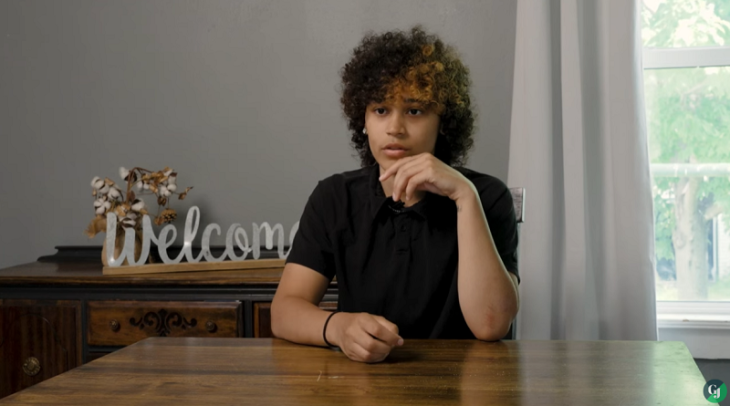Whether you are married or just combining finances with your significant other, starting your life together can be exciting and a bit of a transition at the same time. And when you are part of the LGBTQ community, things can be even more complicated since you may face additional barriers. Still, as long as you are ready to communicate with your significant other about your finances, you can make the transition smoothly.
Lowering Monthly Expenses
No matter what your relationship looks like, it’s important to begin saving for the future. This should include contributing to any retirement accounts and making sure you live below your means. One way of cutting down your monthly expenses is to refinance your existing student loans into a new loan with a private lender. This can give you more time to pay off the debt, and it may also give you a lower interest rate.
Determining Whether or Not to Combine Your Finances
In the past, traditional couples have combined their finances, with the husband often taking care of the money. However, as different relationships and gender roles have evolved, the way finances are managed has also evolved. It’s important to do whatever helps reduce money stresses and what works for you and your significant other, even if it’s not something many other people do. The important thing is to be transparent. If you decide to keep your finances separate, it’s still critical to avoid hiding your financial habits from them. Feeling the need to hide these things could indicate a deeper trust issue at play.
Talk About Credit Score
If you are going to buy a house or take out a car loan, it’s even more important to make sure you are on the same page about credit score because it will determine what you will qualify for. Depending on the state, you might even be responsible for a spouse’s debt, so make sure each person knows about the other person’s debt and that you trust the other person enough to share this information. Not having this kind of trust from the beginning can be disastrous for your relationship later on.
Consider Estate Planning
Being married to your partner gives you some legal protections, but it’s still a good idea to have some estate planning documents created by a lawyer who understands your unique challenges. This is even more important if you are not married to your partner. These documents should state where your assets will go and what will happen if you are disabled in any way. If you do not have family supportive of your lifestyle choices, or there are kids involved, it becomes even more important to have a good estate plan in place.
Finding the Right Financial Planner
If you and your partner are having problems getting and staying on the same page when it comes to finances, you might work with a financial planner who is known for being supportive of the LGBQ community. They will be knowledgeable about the unique needs and challenges of people in your situation, and they can help you get on track to meet your goals. There are plenty of online databases to find one in your area.






















